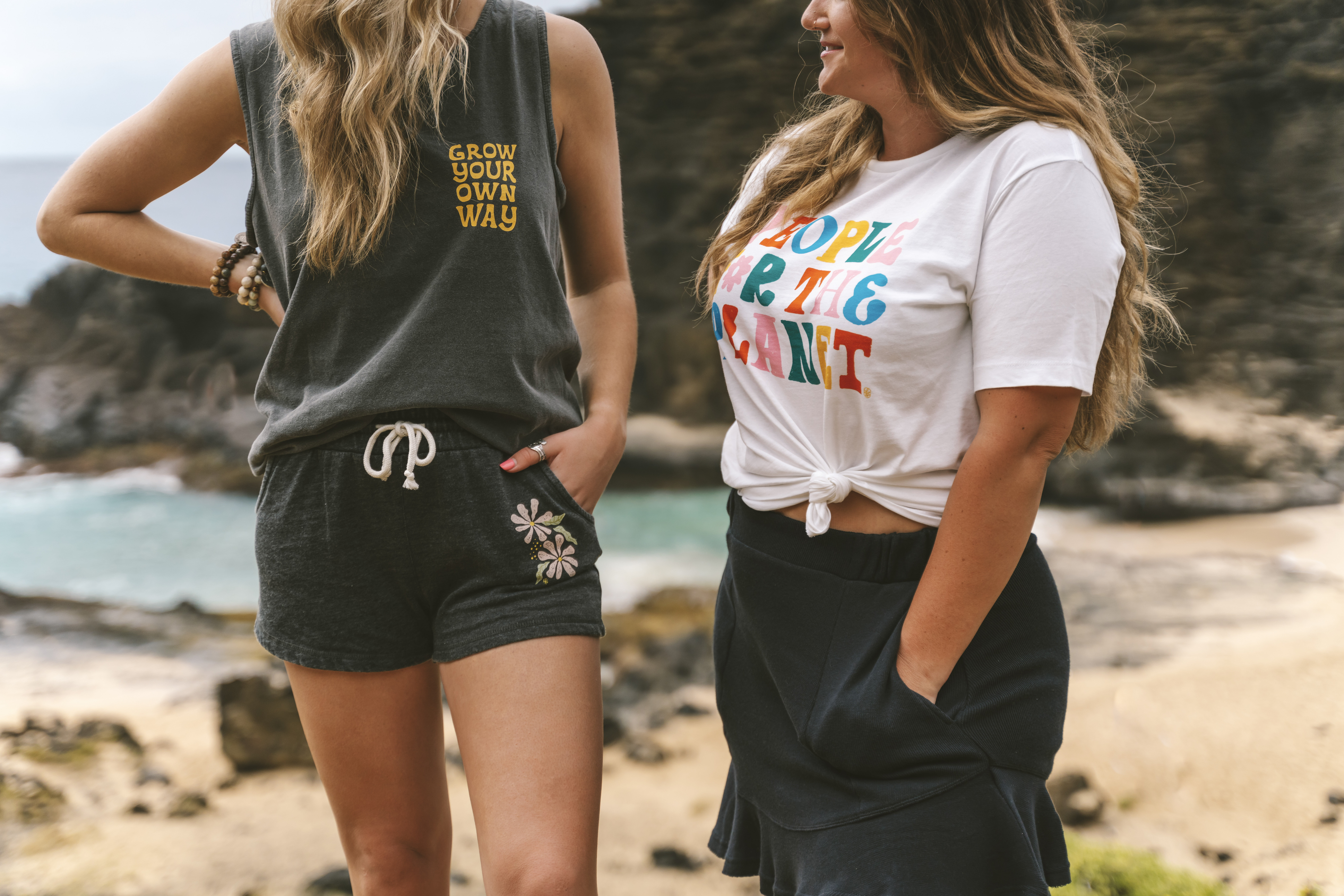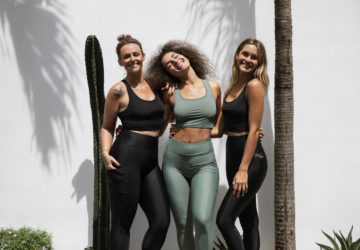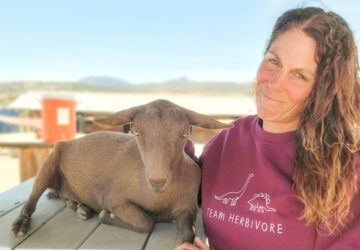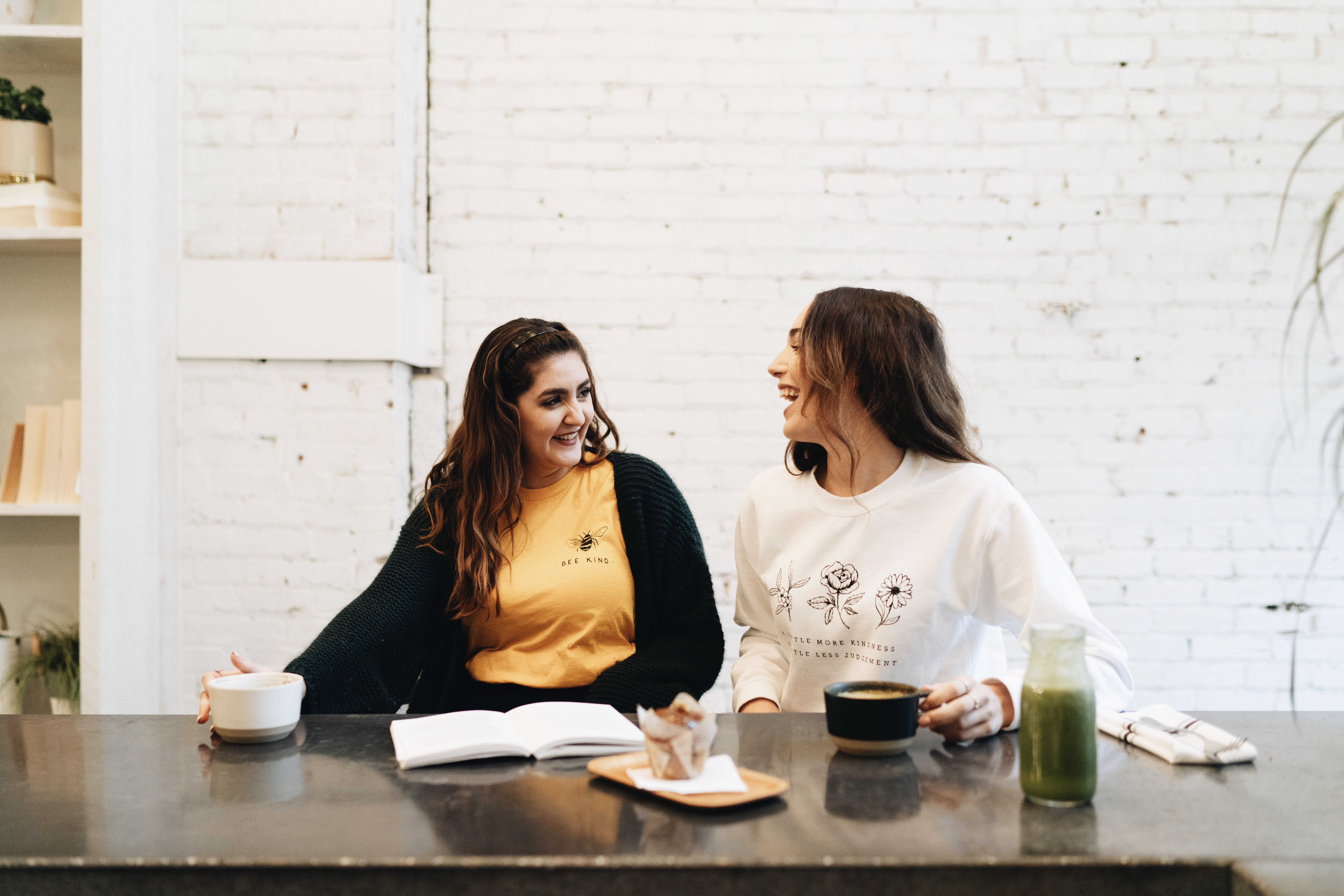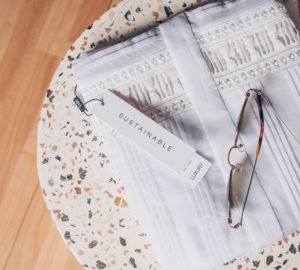Is Wholesome Culture really a sustainable and ethical brand?
Whether this is your first or 500th time on our blog, we’re so grateful you’re on this journey with us!
A little bit about us: at the core of Wholesome Culture lies a deep commitment to inspiring a more mindful, eco-conscious lifestyle all over the world. And since we’re believers that transparency and trust go hand in hand, we’re answering some questions we often get when it comes to our company’s stance on sustainability and ethics. Because no matter what, we want you to not just look good, but also feel good knowing our clothes at Wholesome Culture are made with Mother Earth in mind.
1. Do you sell your clothing on Aliexpress (or any other website)?
No, we do not sell our clothing on other websites. That said, sometimes people steal our designs and sell fraudulent versions on various websites. We’re working on copyrighting our designs to prevent this from happening. But, it’s (sadly) hard to control what others do with our designs. We have incredible respect for artists and the creative process. All of our designs are illustrated by independent designers that we pay directly. So, the only way to be sure you’re purchasing an authentic Wholesome Culture product is to do so from our website.
2. Are your clothes at Wholesome Culture ethically made?
We’re constantly working to improve our production processes. One way we’re doing this is by partnering with artisans in Bali to make our handmade products, including intimates, leggings, and backpacks. All artisans are treated fairly, as they should be, with fair wages, a clean workspace, and generous time off.
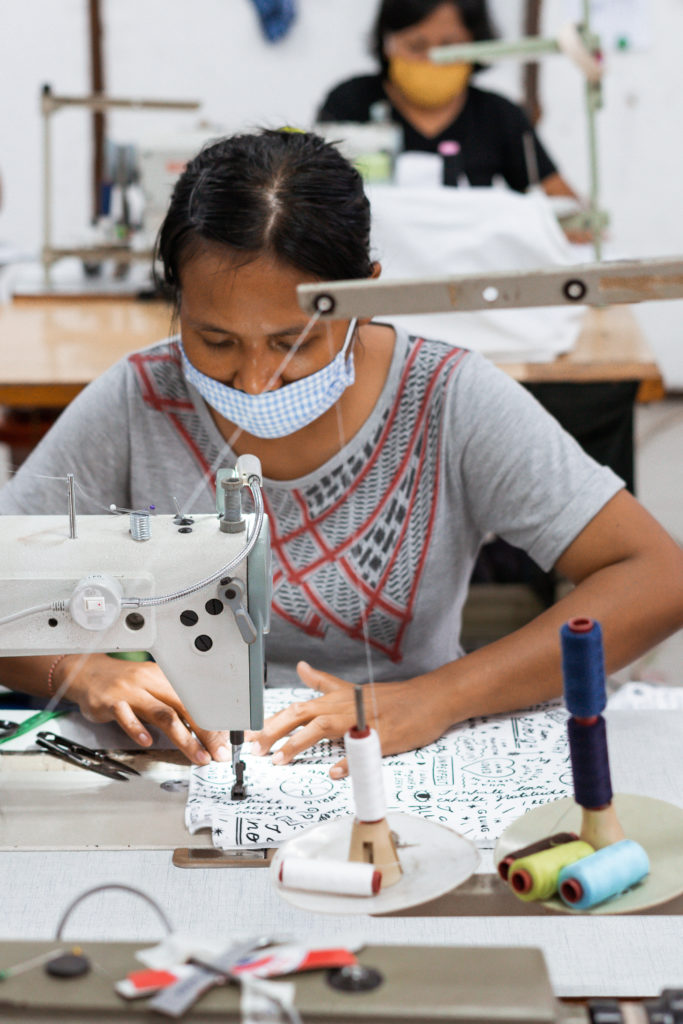
Also, most of our clothes WRAP-certified. This means, the products are recognized by a third party certifying body whose mission is: to promote ethical, humane, and lawful conditions/practices in manufacturing facilities. Companies have to go through an extensive process with applications and inspections to get this certificate.
3. Is Wholesome Culture sustainable?
Yes, Wholesome Culture products are sustainably and ethically made. We prioritize sustainability in all aspects of our work, from products to packaging. We use water-based ink, ship all orders in biodegradable packing, print clothing in the USA at socially and environmentally responsible companies, and more. See below for more details on how Wholesome Culture is a sustainable brand:
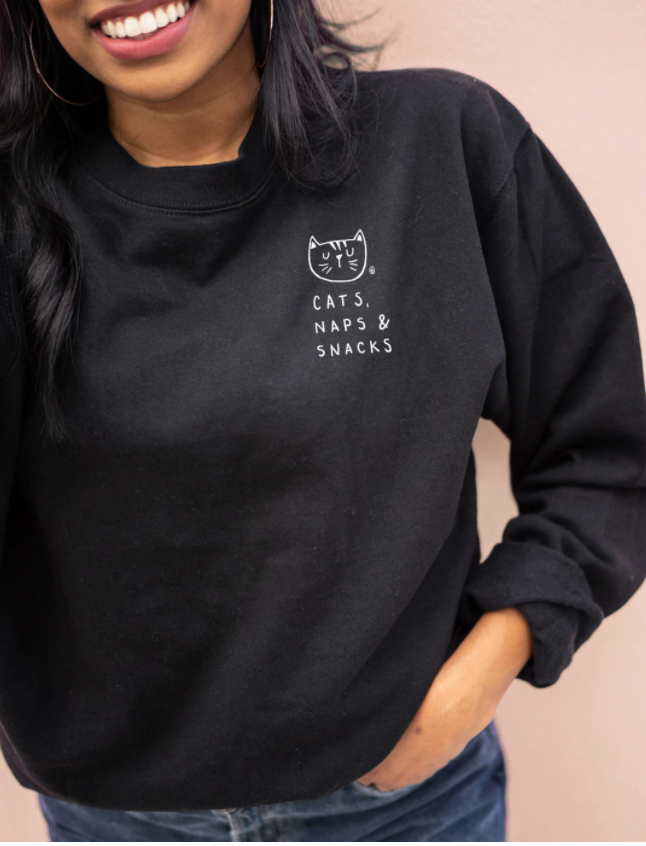
- INK: Our clothes are hand-screen printed in the USA with water-based inks — not plastic-based inks. Here’s why: Water-based inks are better for the planet because they don’t contain chemicals like PVCs and phthalates. And they’re easily cleaned without the use of harmful solvents. Extra bonus, they soak fully into fabrics, so they won’t crack and fade with wear.
- PRINT ON DEMAND: Additionally, to the best of our ability, we print our clothes on demand. When we have extras, which occasionally happens due to minimum order volumes for garments, we donate them to our giving back partners or to people in need. So far, we’ve donated more than 18,000 units of clothing to organizations like the Salvation Army. Check out our blog to learn more about stock destruction and why it’s harmful.
- PRODUCT MATERIALS: Organic cotton, recycled fishing nets, bamboo, and recycled polyester are just some of the earth-conscious materials we use to make our products. It’s also our goal to make durable and long-lasting products that you’ll LOVE wearing for years to come and beyond.
- PACKAGING: We ship our products in recycled and/or biodegradable packaging.
- GIVING BACK: As part of our mission to give back, we donate a portion of our profits to nonprofit organizations doing incredible work for the planet! Read more about our Giving Back Program, here.
However, with all that said, we know the most sustainable thing we can do is remind you to only buy products that you need. We truly hope our Wholesome pieces add value and joy to your life!
4. Are the brands you work with to make your clothing sustainable?
Read on to see how each company we source our products from is making unique efforts to be more sustainable.
- Bella & Canvas: According to their website, they use seven times less water than average clothing manufacturers, thanks to their efficient dye machines, and produce “virtually zero waste” because they recycle most of which can’t be turned into a tee. And they’re working to reduce their energy use by using LED lights and solar energy.
- Alternative Apparel: Using renewable energy sources, investing in resources to teach consumers how to care for their products mindfully, and recycling fabric rather than landfilling it – are just some of the ways Alternative Apparel is channeling their efforts to be more sustainable. Read more about their future plans at their 2030 Goals page.
- Royal Apparel: The collections at Royal Apparel range from Organic Cotton, which uses no pesticides or chemicals, to Bamboo Viscose, which transforms bamboo into smooth material. They also use low-impact dyes, which they say has a lower impact on the environment.
- Gildan: They make an effort to conserve water, be energy efficient, use sustainable materials (like organic cotton grown in the U.S.), and do environmental audits to ensure “performance is constantly monitored.” In fact, Gildan ranked 32nd among The Wall Street Journal’s list of the Top 100 Most Sustainably Managed Companies in the world.
- Independent Trading Company: All factories are WRAP-certified to ensure each one is working in lawful, humane, and ethical conditions.
Additionally, we source our accessories from Econscious, members of 1% For The Planet. For more information about our factory locations, go to our How Our Clothes Are Made page.
5. Is Wholesome Culture fair trade?
While Wholesome Culture is not Fair Trade certified, we ensure fair and ethical working conditions and environmental protections by making all of our clothing in the USA or in Worldwide Responsible Accredited Production-certified factories around the world.
WRAP is a globally recognized certifying body committed to promoting ethical, humane, and lawful conditions and practices in all manufacturing facilities. The WRAP-certified companies we work with have met all 12 WRAP principles for international workplace regulations:
- Compliance with laws and workplace regulations
- Prohibition of forced labor
- Prohibition of child labor
- Prohibition of harassment and abuse
- Compensation and benefits
- Hours of work
- Prohibition of discrimination
- Health & safety
- Freedom of association and collective bargaining
- Environment
- Customs compliance
- Security
Have any other questions about our clothing? Feel free to send us a message on our Contact Us Page.💛

